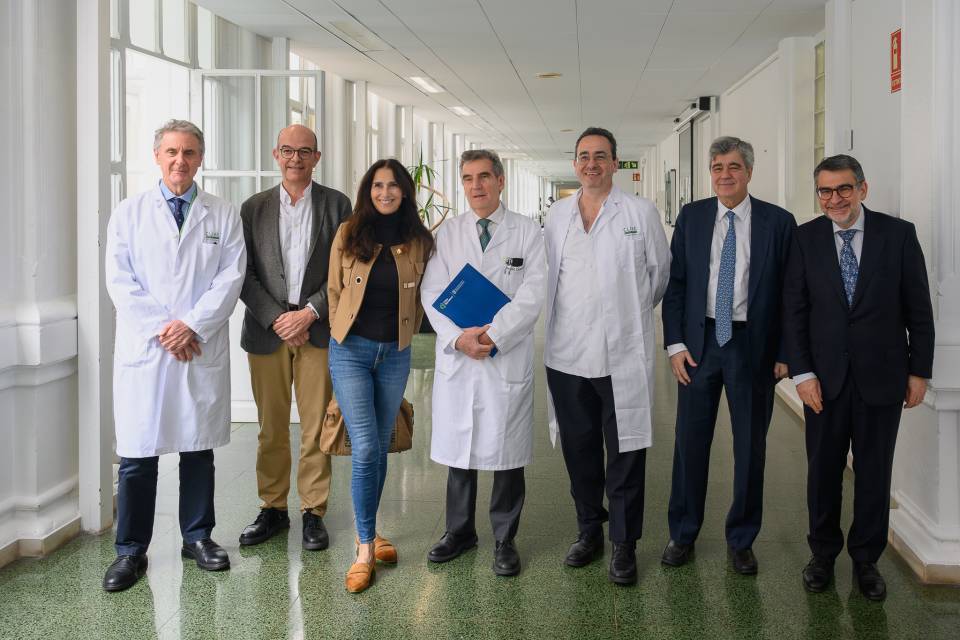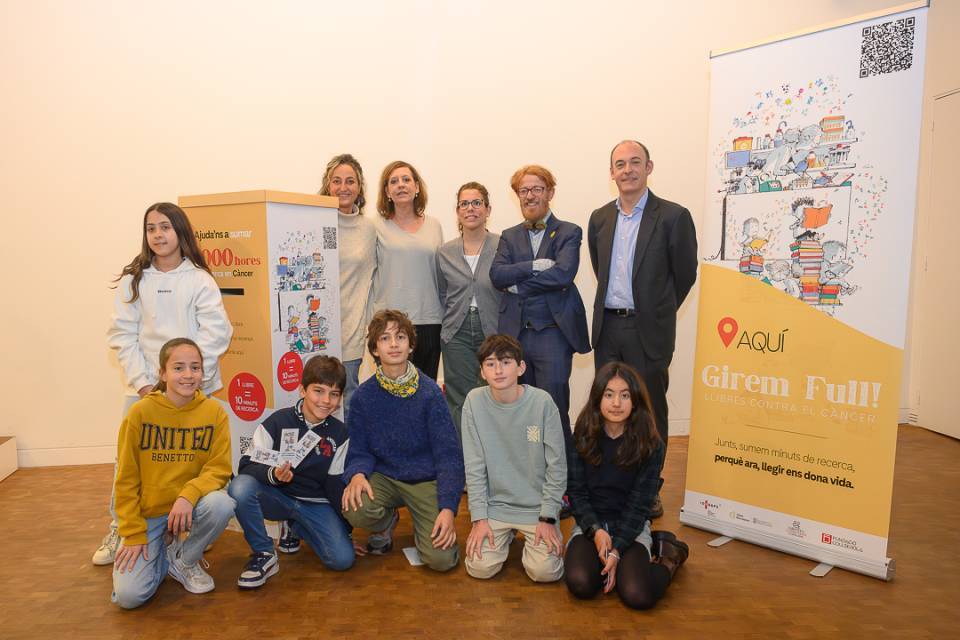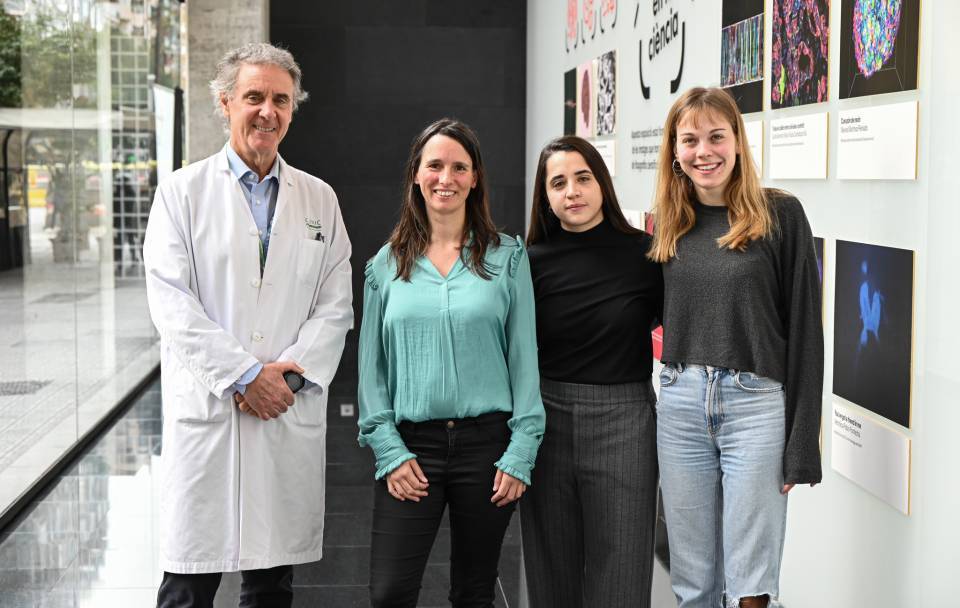- What is cancer immunotherapy?
- Immunotherapy types
- What is CAR-T therapy?
- How is CAR-T therapy done?
- Before and during CAR-T administration
- What happens after I am treated with CAR-T?
- What is TIL therapy?
- How is TIL therapy done?
- Before and during TILs administration
- What happens after I am treated with TILs?
Research at the Clínic
Currently, cellular immunotherapy is one of the main lines of research at the Hospital Clínic Barcelona and its associated institutions, either at the August Pi i Sunyer Biomedical Research Institute (IDIBAPS) or the Clínic Foundation for Biomedical Research (FCRB). The main groups in this field are:
Immunogenetics in autoinflammatory response
Led by Dr Manel Juan: The group's research establishes the molecular bases of diseases (especially problems at the genetic level), proposes a better diagnosis and develops cellular immunotherapy strategies (using cells as a treatment) to restore the altered function of the patients' immune system.
For cancer, the immunotherapy developed by the group seeks to restore the patient's antitumour response in order to control, and even cure, cancer.
The main lines of research in this group are:
- Genetic and epigenetic diagnosis of autoinflammatory disease
- Molecular determination of the specific T-cell immune response
- Cellular and genetic immunotherapy for the treatment of cancer and other immune-mediated diseases
Haematopoietic stem cell transplantation
Led by Dr Alvaro Urbano-Ispizua: The group is genetically modifying the patient's lymphocytes (CAR-T) to express a receptor that identifies leukaemia cells, so they have a greater capacity to proliferate and attack them after their recognition. The main lines of research are:
- CAR-T and CAR-NK therapy for the treatment of haematologic malignancies
- CAR-T cell therapies for solid tumours
- Antitumour cytotoxicity mechanisms of immune cells (NK and T lymphocytes)
- Allogeneic stem cell transplantation
Myeloma, amyloidosis, macroglobulinaemia and other gammopathies
Led by Dr Carlos Fernández De Larrea: The group studies the mechanisms responsible for people with asymptomatic or premalignant monoclonal gammopathies developing myeloma, amyloidosis or macroglobulinaemia. It also evaluates the effectiveness of new drugs. Research is also being done into immunotherapy treatments based on modifying the patient's immune system to control the disease. For example, CAR-T therapy has been developed; this consists of reprogramming the patient's lymphocytes so they selectively attack only malignant plasma cells. The main lines of research in this group are:
- CAR-T cells against BCMA in multiple myeloma: prognostic factors related to their activity and development of a new generation of chimeric receptors
- Extramedullary involvement in multiple myeloma
- Immune control mechanisms involved in the progression of monoclonal gammopathies
- Cardiac involvement and targeted treatments in amyloidosis
- Clinical trials and real-life studies
Translational genomics and targeted therapies in solid tumours
Led by Dr Aleix Prat: The group uses genomic and molecular data to guide the design of clinical trials and the development of biomarkers (substances that allow evaluation of the response to a drug). Molecular mechanisms of drug sensitivity and resistance are studied using preclinical cancer models. The aim is to find better treatments for patients with solid tumours. One of the group's main lines of research is cancer immunotherapy, focused on:
- Establishing a programme of adoptive T cell therapy using tumour infiltrating lymphocytes (TILs) in all cancer types.
- Finding new immunotherapy response biomarkers for all cancer types.
- Developing new immune cell therapy strategies, such as new CAR-T treatments.
Molecular pathology in lymphoid neoplasms
Led by Dr Elías Campo: The group works to understand the molecular mechanisms involved in the development and progression of lymphoid neoplasms. These are heterogeneous, relatively common cancers that affect the blood, lymph nodes and other organs in the form of leukaemia or lymphomas. Its objective is to discover mechanisms that transform lymphoid cells to improve the diagnosis of these tumours, predict their evolution and find the most effective treatments. The main lines of research are:
- Genetic and molecular mechanisms involved in the pathogenesis of lymphoid neoplasms
- Genomic alterations in chronic lymphocytic leukaemia and mantle cell lymphoma
- Finding biomarkers for more accurate diagnosis, prognosis and prediction for therapy
These and many other projects make the Hospital Clínic Barcelona, together with its associated research institutions, a leading teaching and research campus with high technology research and innovation at a Spanish and European level.
Substantiated information by:
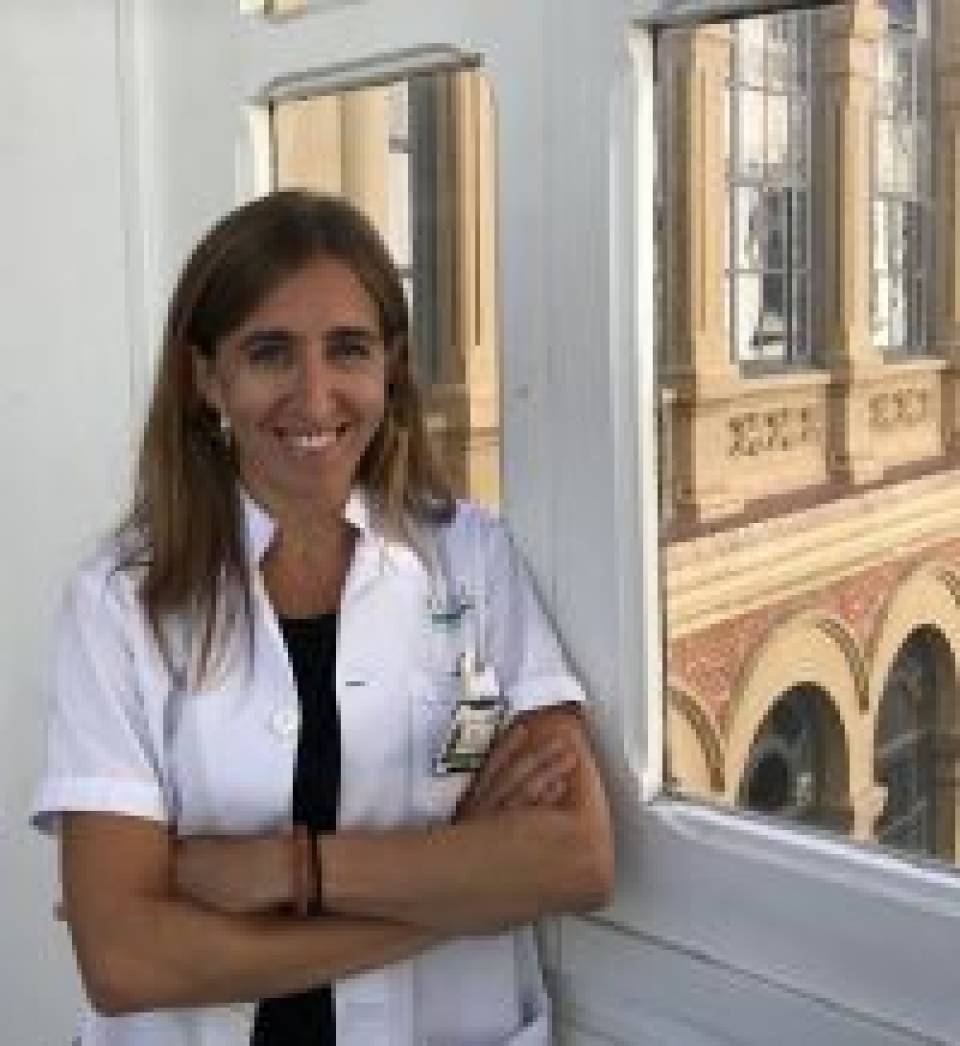
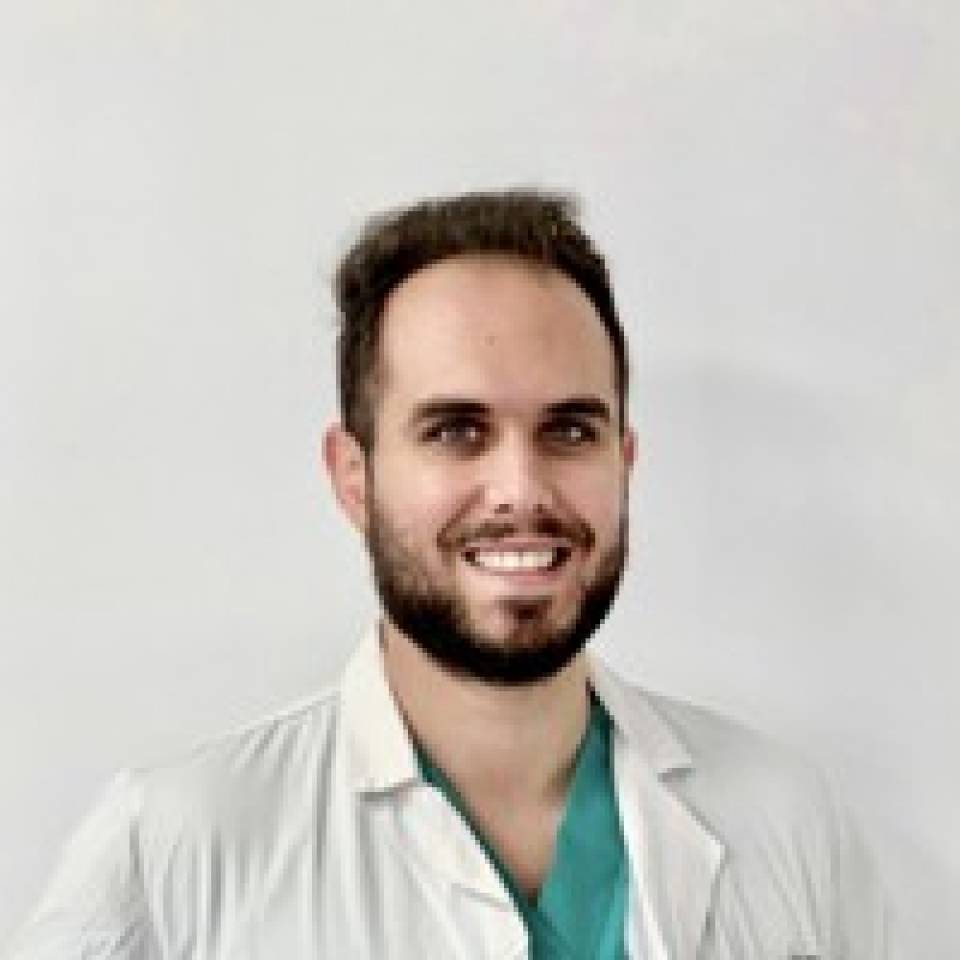
Published: 21 September 2023
Updated: 21 September 2023
Subscribe
Receive the latest updates related to this content.
Thank you for subscribing!
If this is the first time you subscribe you will receive a confirmation email, check your inbox
